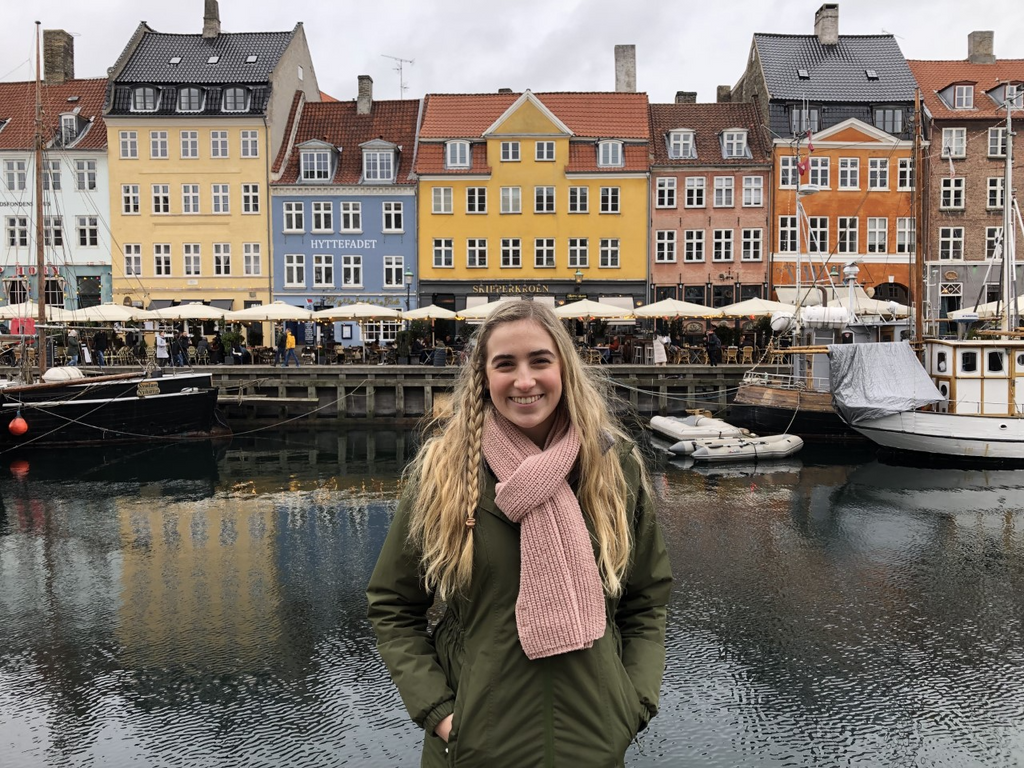By Marissa Carty (CAS’22)
The best advice I got from a Kilachand Alumni was to choose a Keystone Project that was fun. The Kilachand Keystone is a unique opportunity to do a year-long project on essentially whatever you want, with funding and advising. Many students choose to use an honors thesis in their major as the Keystone Project. However, for students looking to take on a more creative or interdisciplinary project, the Keystone Pathway is an amazing opportunity to think outside the box and not be bound to the requirements of a thesis. Students have designed playgrounds, written screenplays, written business plans, and so much more. If a traditional research thesis excites you, then go for it! But don’t be afraid to take a chance and do a unique project. I am so grateful that I took a less structured, but extremely rewarding path.
I love creative writing, and it’s been a life-long dream of mine to write a poetry collection. What started as a blurry passion project I inconsistently worked on turned into a beautiful piece of research and artwork. With the help of Professor Preston in the Keystone Proposal Workshop, I developed research questions to guide my writing, connected with two wonderful advisors, planned my goals and timeline, and submitted my proposal. The idea of a senior project can be intimidating, but the Keystone Proposal Workshop helps you work through your ideas slowly with a lot of feedback and guides you through the process to set you up for success.
As a psychology major, I knew I wanted to write my poetry collection about well-being. So often when we talk about mental health, we talk only about mental illness. I decided to focus on flourishing instead. The two questions that guided my research are:
What factors contribute to well-being in young adults and how do they manifest in us today?
How can poetry and psychology inform each other to develop a broader, more holistic definition of well-being?
I conducted a literature review on the psychology of well-being and a contemporary poetry review to study scientific, lyric, and visual forms of poetry. Then, I began to write and submit 5 poems a week to my advisors for revision. I also got to travel to Copenhagen, the city with the highest rates of human flourishing in the world, for my research! My writing centers around themes of love, belonging, mindfulness, spirituality, nature, and therapy. I used 3 main poetic techniques, 1) documentary poetry which uses archives like psychology textbooks or therapy exercises and draws out the poetry in them through lineation or erasure, 2) imagining the story of someone who embodies a research statistic to reinsert the humanity into that statistic, and 3) writing from a purely experiential perspective of well-being that does not rely on scientific data. I currently have a manuscript of 90+ edited poems and a first draft of my artist’s note, which details my process and reflections on the project.
The best advice I can give you is to think about your interests as early as possible and to choose a project you’re sincerely passionate about, rather than doing what you think you “should” do or what others expect you to do. You may never get an opportunity like the Kilachand Keystone again!

